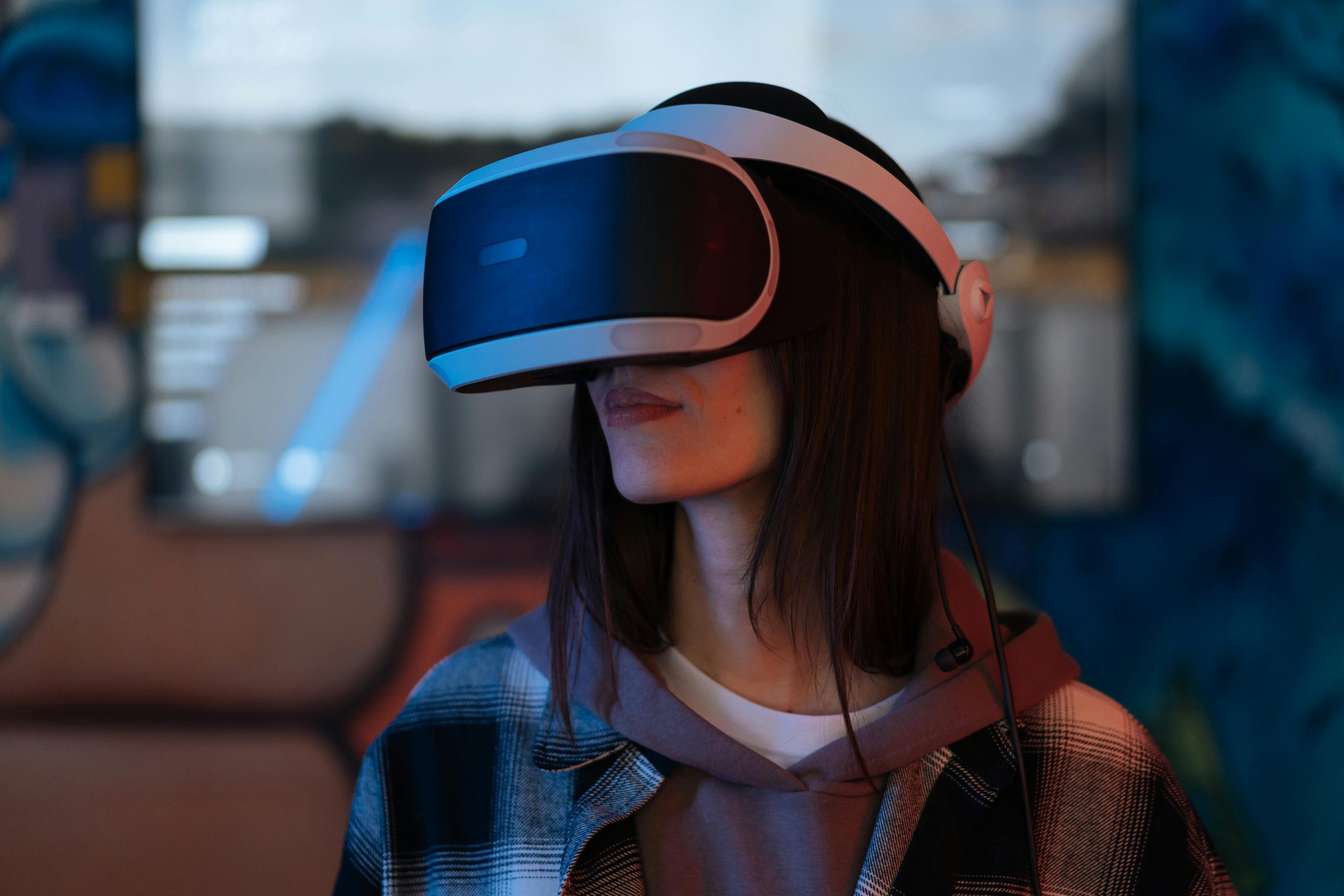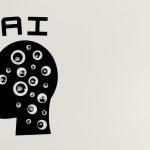Artificial Intelligence (AI) is no longer a futuristic concept—it’s a transformative force reshaping every aspect of our work and personal lives. From automating mundane tasks to revolutionising healthcare and education, AI is driving unprecedented changes. As it continues to evolve, AI promises to enhance productivity, improve decision-making, and simplify our daily routines. Here’s how AI is changing the way we work and live.
| AI Tool/Application | Functionality | Impact on Work | Example Tools/Technologies |
|---|
| AI-Powered Analytics | Provides real-time insights from big data | Enhances decision-making and operational efficiency | Google Analytics, Tableau, Power BI |
| Virtual Assistants | Manages schedules, reminders, and queries | Saves time, improves task management | Google Assistant, Amazon Alexa, Microsoft Cortana |
| Chatbots | Handles customer inquiries and support | Reduces response time, boosts customer satisfaction | Intercom, Drift, Zendesk AI |
| Workflow Automation | Automates repetitive tasks like data entry | Frees employees for strategic and creative work | Zapier, UiPath, Blue Prism |
| Predictive Analytics | Forecasts trends and optimises processes | Minimises risks, enhances efficiency | Salesforce Einstein, IBM Watson |
1. Enhancing Workplace Productivity
AI tools are streamlining workflows and boosting efficiency across industries. Automation software can handle repetitive tasks like data entry, allowing employees to focus on strategic initiatives. AI-driven analytics tools provide actionable insights, enabling businesses to make data-informed decisions. Virtual assistants, such as chatbots, are improving customer service by handling inquiries 24/7, reducing wait times and enhancing user experiences.
2. Transforming Decision-Making
AI’s ability to analyse vast amounts of data in real-time is revolutionising decision-making. Predictive analytics enables businesses to anticipate trends and optimise operations. In finance, AI algorithms assess risk and detect fraud with greater accuracy than human counterparts. In healthcare, AI aids in diagnosing diseases by identifying patterns in medical imaging and patient data.
3. Revolutionising Communication
AI-powered tools are redefining how we communicate. Language translation apps break down barriers, enabling seamless conversations across different languages. AI-generated content tools assist in creating professional emails, reports, and presentations with speed and precision. Virtual meeting platforms with AI integration enhance collaboration by providing real-time transcription, summaries, and insights.
4. Enhancing Personalisation
AI is driving personalised experiences in various aspects of life. E-commerce platforms recommend products based on browsing history, while streaming services suggest content tailored to user preferences. Smart home devices, powered by AI, learn routines and adjust settings to create comfortable living environments. These personalised experiences are improving convenience and satisfaction.
5. Improving Education
In education, AI is making learning more accessible and adaptive. AI-driven platforms provide personalised learning paths, identifying strengths and weaknesses to tailor content for individual students. Virtual tutors offer instant assistance, while language learning apps use AI to simulate conversations and improve fluency. These tools are bridging gaps in education and making knowledge accessible worldwide.
6. Advancing Healthcare
AI’s impact on healthcare is profound. It aids in early disease detection through advanced diagnostic tools, accelerates drug discovery, and enhances patient care with predictive insights. Wearable devices powered by AI monitor health metrics in real-time, alerting users to potential issues. Telemedicine platforms equipped with AI ensure accessible and efficient healthcare delivery.
7. Redefining Transportation
Autonomous vehicles and AI-powered traffic management systems are transforming transportation. Self-driving cars promise safer roads and reduced traffic congestion, while AI algorithms optimise public transport schedules. Ride-sharing platforms use AI to match riders with drivers efficiently, reducing wait times and improving convenience.
8. Improving Home and Lifestyle
AI is revolutionising smart home technology, making everyday living more efficient. Virtual assistants like Amazon Alexa and Google Assistant manage schedules, control devices, and provide updates effortlessly. AI-powered appliances optimise energy use, while predictive maintenance alerts homeowners to potential issues before they escalate.
9. Shaping the Creative Industry
AI is redefining creativity by generating music, art, and literature. Tools like DALL-E and ChatGPT empower creators to produce innovative content. AI algorithms analyse user preferences to tailor entertainment experiences, while virtual reality (VR) powered by AI enables immersive storytelling. These advancements are broadening the horizons of creative expression.
10. Fostering Sustainability
AI is playing a crucial role in promoting sustainability. It optimises energy usage in buildings, monitors environmental changes, and predicts natural disasters. Smart agriculture powered by AI reduces waste and enhances crop yields. Businesses are leveraging AI to track and reduce their carbon footprint, contributing to a greener planet.
Conclusion
AI is fundamentally changing how we work and live, offering transformative solutions across industries and personal lifestyles. By automating repetitive tasks, personalising experiences, and enhancing decision-making, AI is improving efficiency and convenience. While its potential is immense, it’s essential to ensure ethical AI development and address challenges such as bias and data privacy. As we continue to embrace AI’s advancements, it’s clear that its impact will shape a smarter, more connected, and innovative future.


